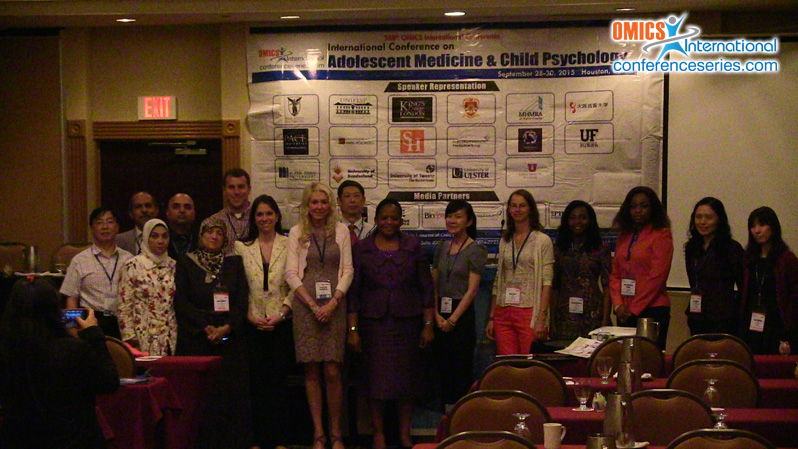
Amanda Venta
Sam Houston State University, USA
Title: Adolescent-Parent attachment is critically related to adolescent mental health and treatment
Biography
Biography: Amanda Venta
Abstract
Adolescence is a period of social reorientation with related changes in the adolescent’s entire social world—including in their attachments to caregivers. The overarching aim of this presentation is to convey the critical importance of considering adolescent attachment for mental health researchers and clinicians by describing (1) recent advances in the measurement of adolescent attachment, (2) the clinical implications of insecure attachments for adolescents, and (3) emerging evidence regarding the role of adolescent attachment in psychological and psychiatric treatment. To that end, data will be presented from five studies conducted with adolescents receiving inpatient psychiatric treatment. First, data will be presented on the recently developed Child Attachment Interview, an interview-based measure that assesses attachment implicitly by asking respondents to describe and reflect on their current attachment relationships. Evidence of strong concurrent and convergent validity for this measure will be presented. Second, studies representing an emerging body of evidence relating attachment insecurity to psychopathology will be presented. Specifically, attachment insecurity relates to depression and suicide-related thoughts, Borderline Personality Disorder features, and peer problems in adolescents with documented mental health concerns. Finally, data from adolescents completing medium-stay inpatient psychiatric treatment will be presented. Evidence that insecure attachment is a significant predictor of treatment outcome and the important role of emotion regulation will be discussed.



